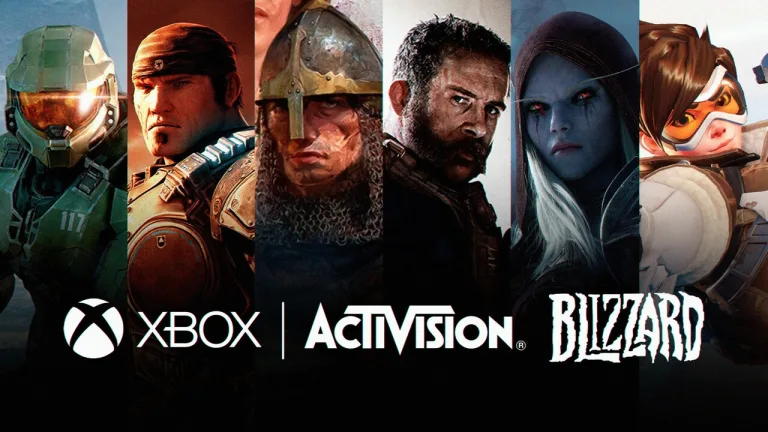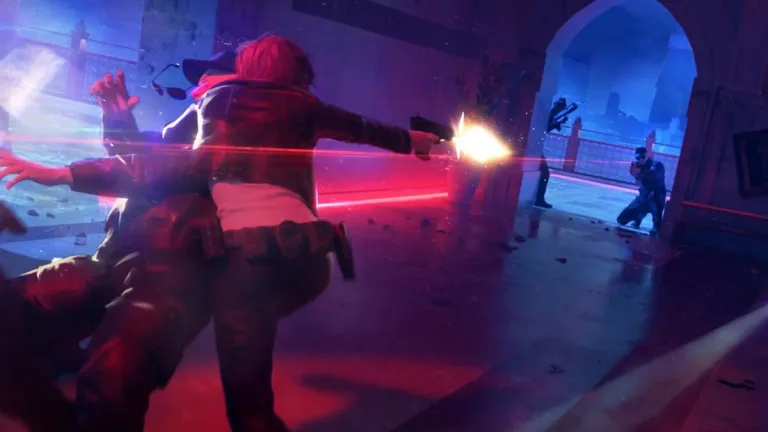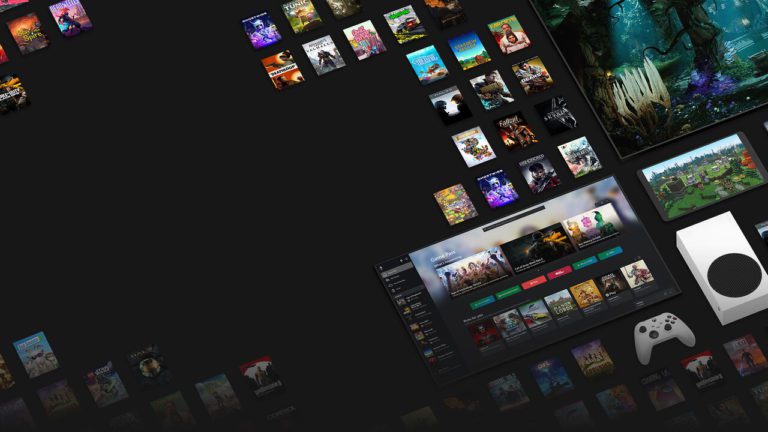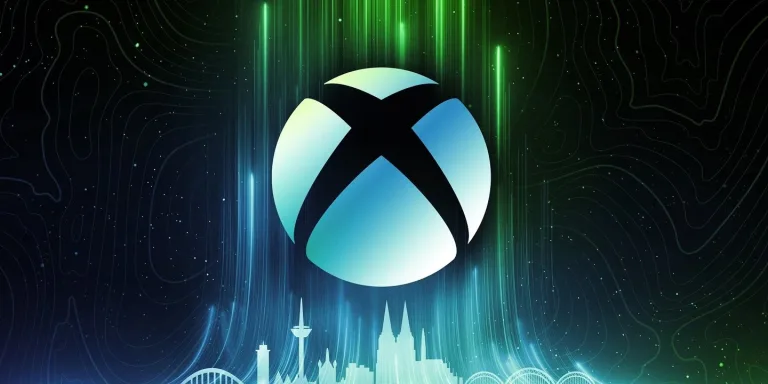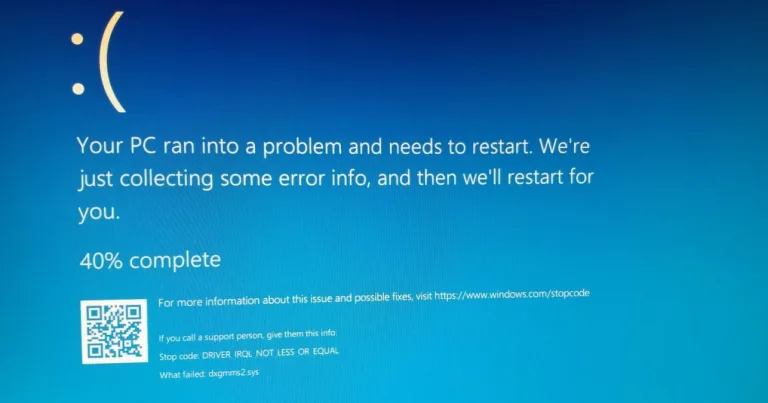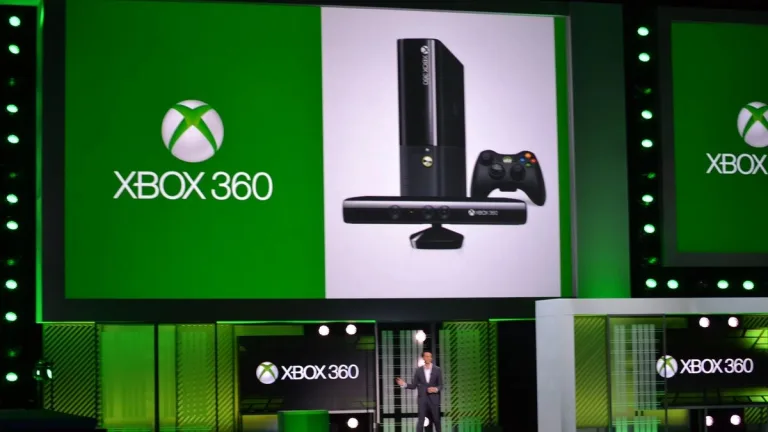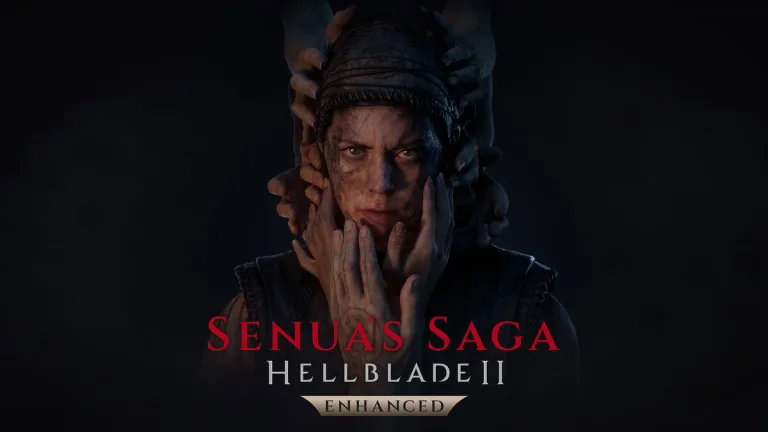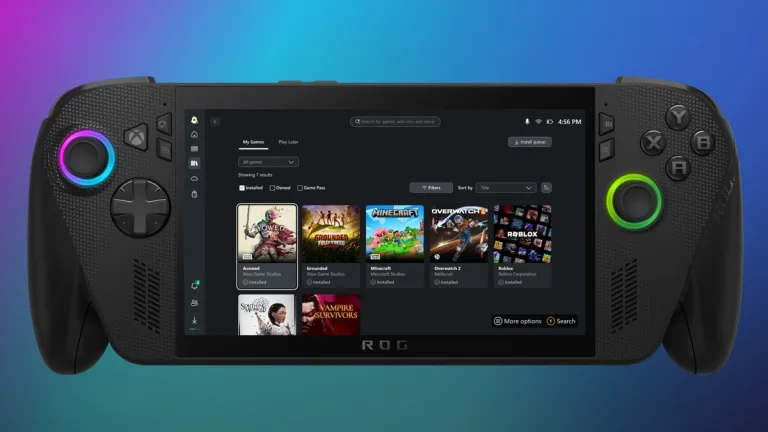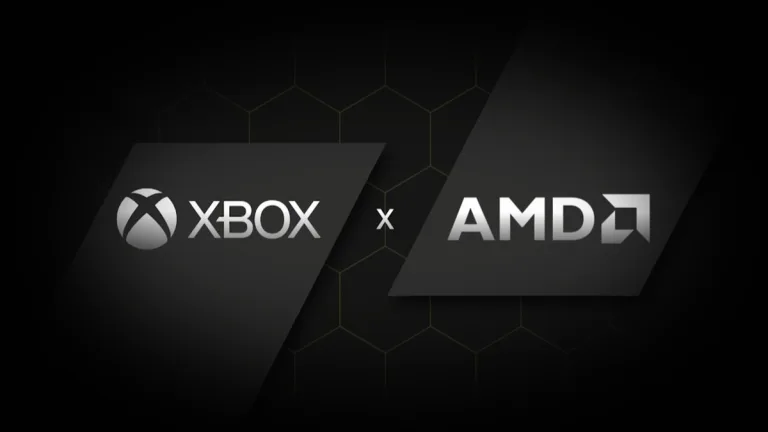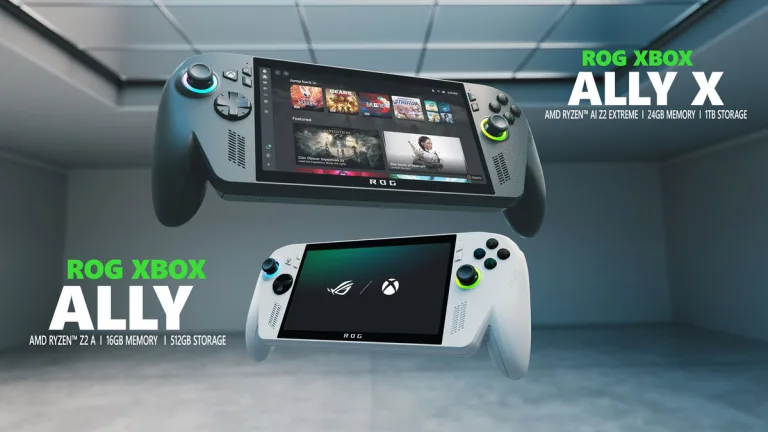In a move that’s sending shockwaves through the gaming industry, King—the studio behind Candy Crush Saga—has laid...
Microsoft
Xbox’s recent announcement that it has canceled the long-gestating Perfect Dark reboot and shuttered the high-profile studio...
The immedate aftermath of Microsoft confirming that it would eliminate roughly 9,000 roles—about 4% of its global...
Microsoft kicked off its 2026 fiscal year on July 2, 2025, by announcing it will cut approximately...
For PC gamers, the Blue Screen of Death (BSOD) wasn’t just a system crash—it was a rage-quit...
After nearly two decades, Microsoft quietly rolled out a system update for the Xbox 360—yes, the console...
When Ninja Theory’s breathtaking sequel first launched in May 2024, it set a new bar for immersive...
In a week already brimming with gaming news, Xbox has dropped two announcements that signal its evolving...
Twenty years ago, Microsoft and AMD embarked on a journey that would redefine console gaming. From the...
Handheld gaming has always been about delivering power and playability right into your palms, and the latest...


